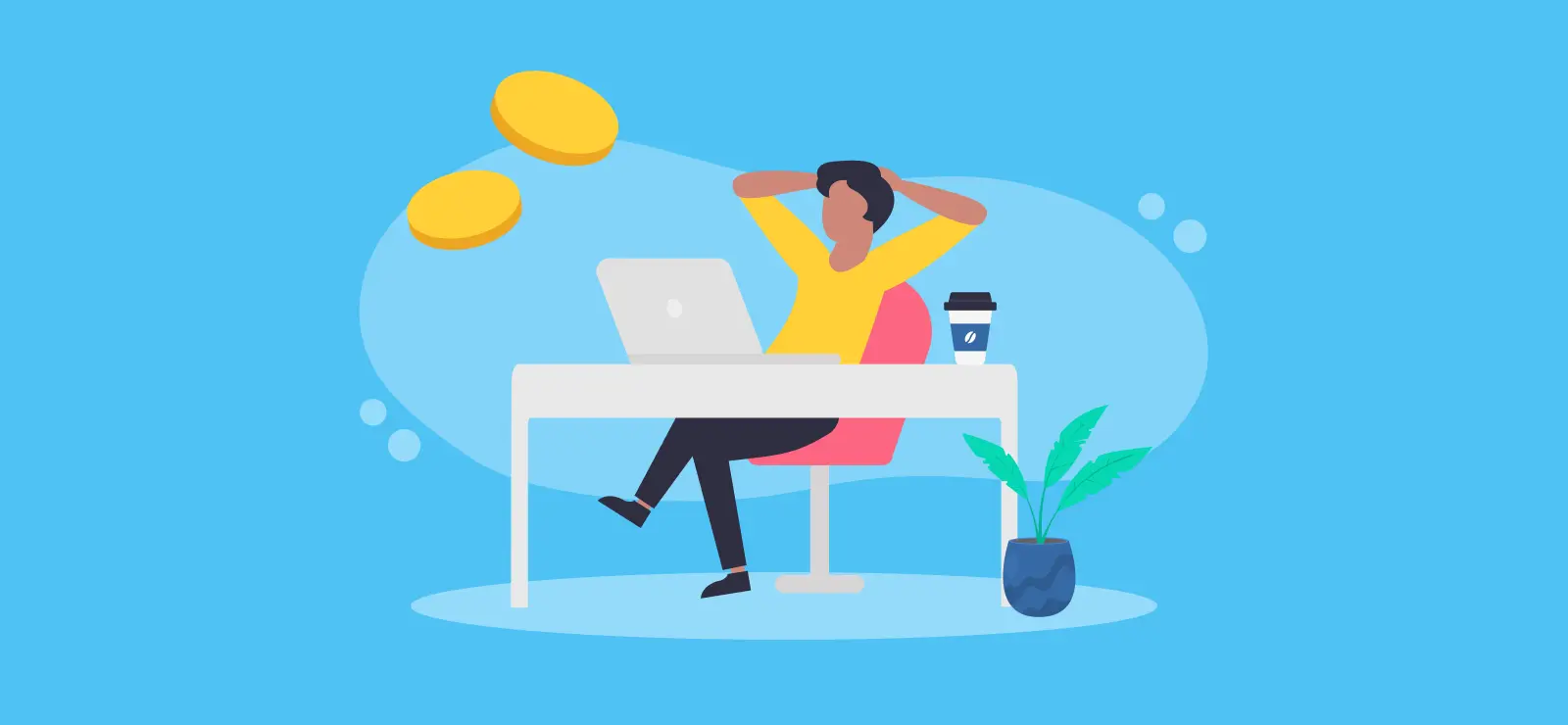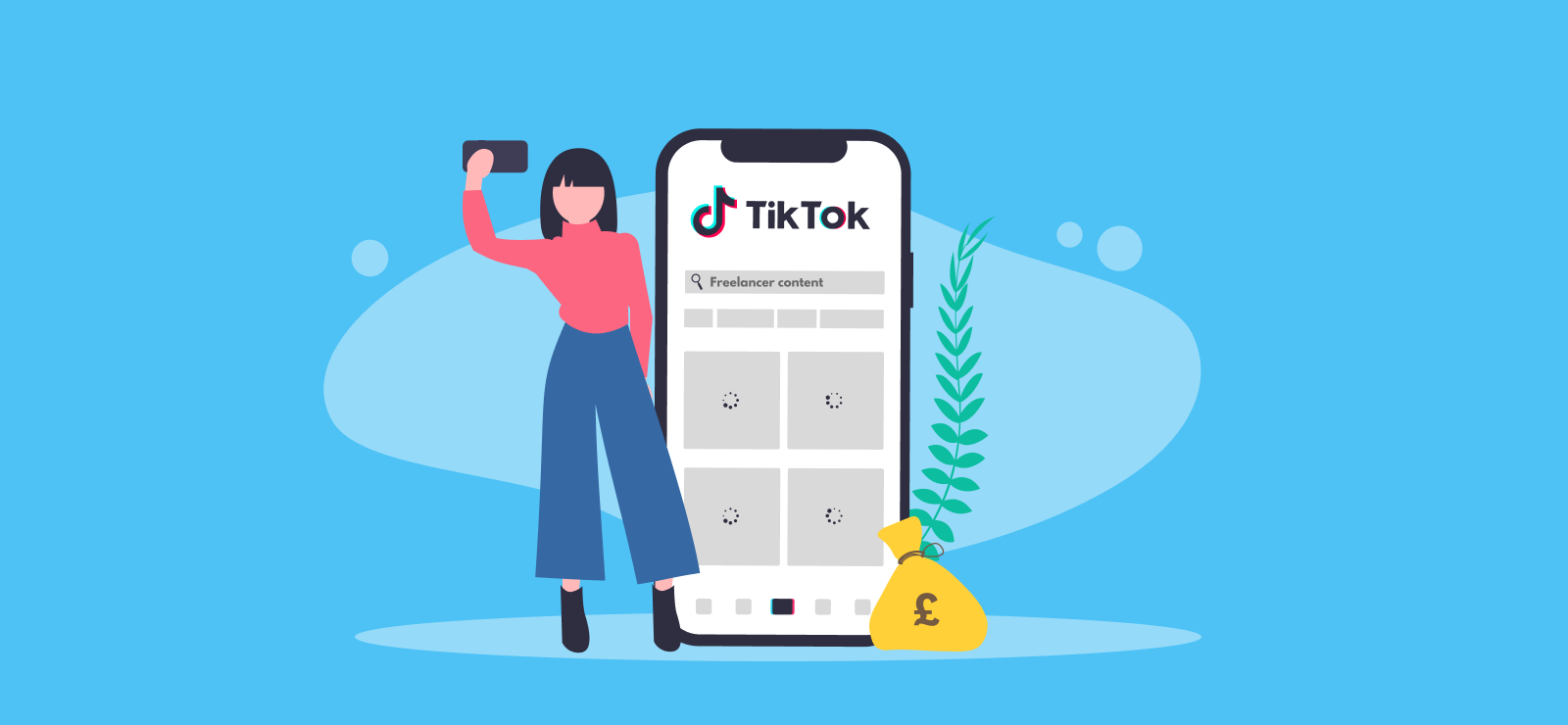

What is the Personal Savings Allowance?
The Personal Savings Allowance is the total amount of interest that you can earn on your savings in a tax year (between 6th April and 5th April) before you need to start paying tax on it. There are different levels of Personal Savings Allowance, depending on your income and the rate of tax you pay.
How much is the Personal Savings Allowance?
The savings allowance that you’re entitled to depends on what sort of taxpayer you are.
The column called ‘Personal Savings Allowance’ in the table below shows the amount of interest that you can earn tax-free in a tax year according to your earnings. You can work out your tax band by adding the total amount of interest you earn to all your other income for the year. There are different tax bands and thresholds for Scottish taxpayers.
| Type of taxpayer | 2025/26 Tax Band Thresholds |
2025/26 Personal Savings Allowance |
| Basic rate taxpayers (20%) | £12,571 - £50,270 | £1,000 |
| Higher rate taxpayers (40%) | £50,271 - £125,140 | £500 |
| Additional rate income tax (45%) | £125,140 upwards | No allowance available |
For example
You earn £25,000 a year from your employer, and also receive £600 in interest on the money in your savings account.
This makes your total earnings for the year £25,600, which means that you’re a basic rate taxpayer and eligible to receive the £1,000 Personal Savings Allowance, so you won’t pay tax on your savings interest.
If you earned £1,500 in account interest, you wouldn’t need to pay tax on the first £1,000 but would need to pay basic-rate tax of 20% on the remaining £500.
What types of interest does the Personal Savings Allowance cover?
The Personal Savings Allowance covers most types of savings interest, such as from bank accounts, trust funds, government bonds and life annuity payments.
ISAs and some National Savings and Investments (NSIs) such as Premium Bonds are already tax free, so they aren’t covered by the Personal Savings Allowance.
How do I claim the Personal Savings Allowance?
You no longer need to do anything to claim your Personal Savings Allowance – it happens automatically.
What happens if the interest I earn is more than the allowance?
If the interest that you earn on your savings is more than the Personal Savings Allowance, you’ll need to pay tax on the difference. If you work for an employer and pay tax through PAYE, or if you receive a pension, then HMRC will update your tax code and collect the tax that you owe automatically.
If you submit Self Assessment tax returns you can report the savings interest you earn and pay tax on it that way. Just don’t forget that the interest you earn on savings counts towards your overall income – which determines which tax band you fall into!
Learn more about our online accounting services for businesses. Call 020 3355 4047 to chat to the team, and get an instant online quote.
Want to learn more?
Subscribe to our newsletter to get accounting tips like this right to your inbox

Read more posts...

Top Tax Breaks for Businesses
20th May 2025Claiming every bit of tax relief possible can noticeably reduce your tax bill, so you can put what’s left to better use…
Read More
The Accountancy Partnership – Our Positive Reviews
19th May 2025We’re proud of our customer reviews here at The Accountancy Partnership The reviews we receive from our customers show how hard we…
Read More
Making Money on TikTok
13th May 2025In today’s increasingly (some would even say chronically) online world, where there’s a constant battle for people’s attention, it’s not just a…
Read MoreConfirm Transactions
The number of monthly transactions you have entered based on your turnover seem high. A transaction is one bookkeeping entry such as a sale, purchase, payment or receipt. Are you sure this is correct?
Please contact our sales team if you’re unsure
VAT Returns
It is unlikely you will need this service, unless you are voluntarily registered for VAT.
Are you sure this is correct?
Call us on 020 3355 4047 if you’re not sure.
Bookkeeping
You will receive our bookkeeping software Pandle for free, as part of your package.
You can use this to complete your own bookkeeping, or we can provide a quote to complete your bookkeeping for you.
Please select and option below:
Call us on 020 3355 4047 if you’re not sure.

